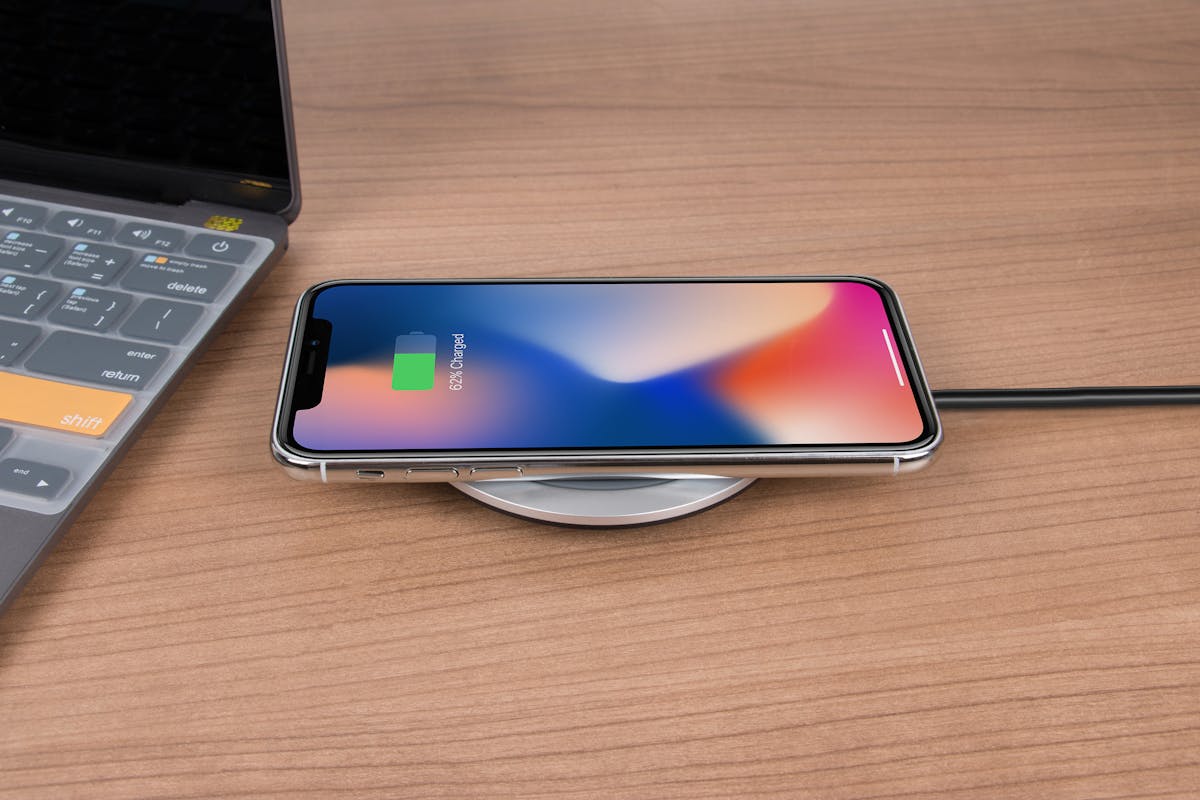The operating systems iOS, developed by Apple, and Android, developed as open source by the Open Handset Alliance, dominate the world of smartphones and tablets. Each of these operating systems has its unique characteristics, advantages, and disadvantages. Below, we outline the basic features of iOS and Android OS.
-
User Interface:
iOS: Uses a simple interface with a minimalist design. It emphasizes consistency and fluidity, providing users with an intuitive experience. All applications are positioned in familiar locations, and animations add visual appeal.
Android: Offers greater customization in appearance and layout. Users can personalize the look with widgets, change icons, and select alternative interfaces through various launcher apps. The diversity among manufacturers contributes to different visual experiences.
-
Customization:
iOS: More restrictive in terms of customization. Apple aims to preserve consistency and control over the quality of the user experience. All applications must go through Apple's approval before becoming available on the App Store.
Android: Opens the door to greater customization. Users can install applications from various sources, including third parties. "Rooting" allows for deeper customization and control over the operating system.
-
Apps and Ecosystem:
iOS: The App Store is known for the quality of its apps and better monetization for developers. It is integrated into the broader Apple ecosystem, allowing synchronization with other devices via iCloud.
Android: The Google Play Store also offers a vast selection of apps. The Android ecosystem is connected with Google's services, creating an integrated experience for users of Google's products.
-
Security:
iOS: Due to strict controls over the App Store, it is less likely for malicious apps to reach users. Regular security updates are automatically distributed to all supported devices.
Android: Openness can pose challenges, especially if users install apps from sources outside the Google Play Store. However, Google implements security updates to combat potential threats.
-
Price and Device Range:
iOS: Apple's devices often come with premium prices, like the iPhone series. Within this range, different models offer similar experiences, often with minimal differences in hardware specifications.
Android: Offers a wide range of prices and variety of devices. From cheaper models to high-end smartphones, Android users can choose according to their budget and needs.
Conclusion: The final choice between iOS and Android depends on user preferences. iOS offers consistency and simplicity, while Android brings customization and broader availability. If a user is already deeply rooted in the ecosystem of one of these operating systems, it can also influence their decision. It is important to consider all factors, including personal preferences and needs, before deciding on a smartphone.
Whether you use iOS, Android, or another operating system, our expert team is at your disposal for developing high-quality mobile applications tailored to all types of businesses.
Refresh your digital experience and let us turn your ideas into functional and attractive mobile applications.
Contact us to find the solution that best suits your needs and goals.
Nordia Digital
www.nordia-digital.com
info@nordia-digital.com
+385993755005 (call,sms,whatsapp)
